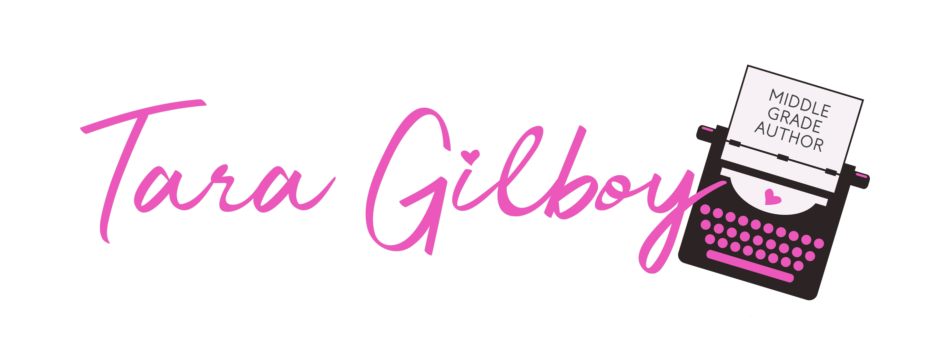The standard advice given to writers is that they must write every day. There is good reason for this –writing takes practice, just like anything else, and it’s best to make it a habit. The only way to finish a novel is to get your butt in the chair and write. It’s too easy to let a few days off become a week and then a month and then two…..until you’ve lost momentum for your story, thrown up your hands, and shoved the unfinished manuscript in a drawer. I speak from experience. But what about when you really do need to take a break from a project? Sometimes life gets in the way. Whether it be that you’re going away on a fun vacation, dealing with stress at work, or have an emergency like the death of a family member or friend, sometimes you just need to put the book away for a while. But putting your manuscript away for a set period of time doesn’t have to spell disaster.
These are some of the exercises I do to keep me thinking about my book when I’m not actually working on it – the kind of exercises that will keep the story rolling away in your subconscious, even when you’re taking a break. Though breaks can be refreshing and bring a fresh eye to the work when you return to it, they can also be risky because sometimes if you take too long of a break, you lose sight of the story, and you can come back to it without the same passion for it as you once had (or at least that has been my experience and the experience of some of the writers I know). So, the important thing when taking a break is to keep the story in your mind and spend a little bit of time with the story or the characters each day, even if it’s only for fifteen minutes or so. Here are some of the things that have worked for me:
- — Read over a section of the story each day. (This is the easiest one to do, and probably best saved for when you are short on time.)
- — Take a section of the story and read through it, looking to see how many unnecessary words you can cut. I do this one a lot, because it keeps me working on the story, fine-tuning it, even if I’m not creating new material. Cutting unnecessary words always makes a story stronger. I often go after my dialogue tags when I’m cutting, or see where I can rephrase something to shorten without losing clarity.
- — Go for a walk while pretending to be one of your characters: you could be your protagonist or even a minor character. What do you see? What would the character think of the things around you? How would she react? I do this one a lot. I have a friend who does this while grocery shopping and comes up with some lively writing because of it. If you have time, when you return from your walk, you could come home and write a short scene from the character’s point of view about what you saw. The fun thing about this one is you can do it over and over again, and it’s different every time.
- — Write a short scene about one of the characters in your story that has absolutely nothing to do with the actual novel. It could be a scene from the character’s past, or a scene from the future, after the events of the story are over. Or perhaps it takes place during the same time of the novel, but just happens off-stage, an event that is unrelated to the plot of the novel. The fun thing about this one is that there is absolutely no pressure. You don’t have to worry if the scene is good or if it fits into the story because it’s not intended to be part of the story. And who knows where it will take you? I know writers who have had luck publishing short stories about minor characters in their novel, stories that started out as exercises like this. No matter what, the exercise will help you get to know all of your characters better. To keep the pressure off, don’t spend more than twenty minutes or so on it.
- — Do some research on an aspect of your novel. If there is a fantasy element to your novel, fairies, for example, do some research on fairies in traditional folklore. Or if your protagonist is obsessed with football, look up some statistics on specific players. If a minor character loves science, read up on science journals for ideas of things this character might read and talk about. This kind of detail will help you flesh out all of your characters and bring your story to life. (I do this kind of research all the time, but sometimes it can become a procrastination tool, so be careful too.)
- — Read books similar to the one you want to write, or books in the same genre. If you’re writing historical fiction, read novels that take place in the same time period. If you’re writing science fiction, read all of it you can get your hands on. The best way to learn how to write the kind of books we want to is to read the work of others who have done it well.
And remember, don’t let your break go on for too long! If you’re giving yourself a month off, as soon as those thirty days are up, get right back in and start writing again! Give yourself a set date when you will resume work on your project, and don’t let your break go on for too long. After all, we’re writers, and writing is what we love most! If you don’t write your story, who will?
xoxo
